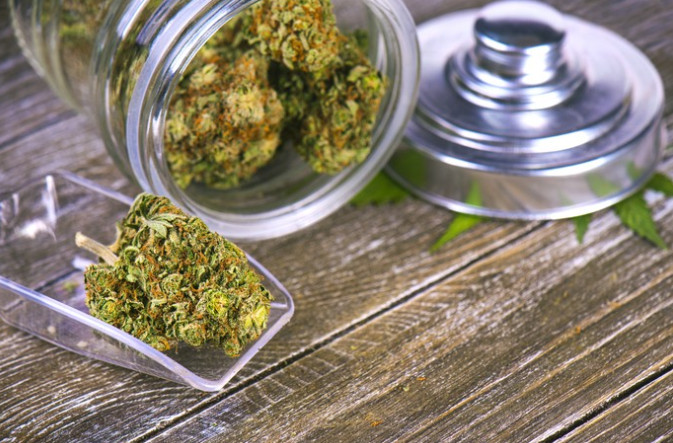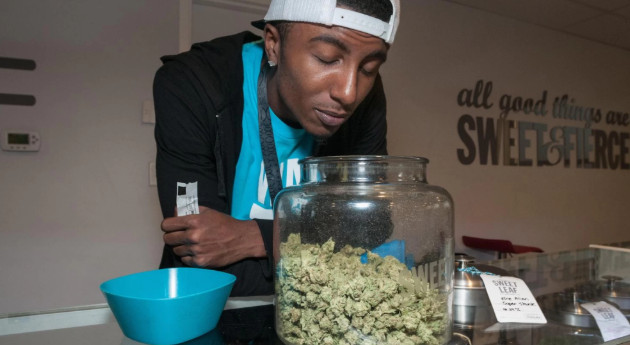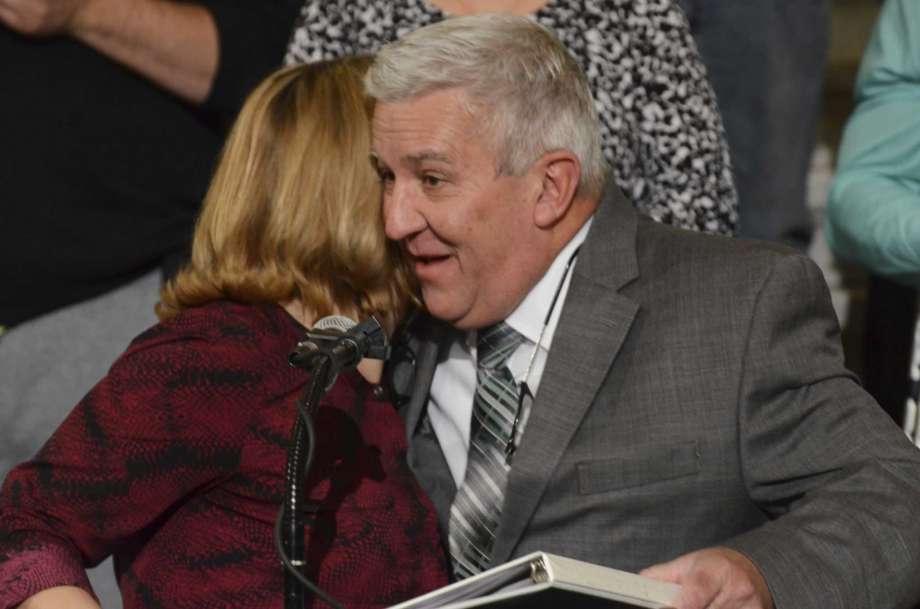Walking into a dispensary can be an intimidating experience. Whether the customer is a newbie or a seasoned cannabis consumer, it still requires some confidence to walk in, talk to strangers about a previously illegal drug, and find the right products.
For someone who suffers from a disability, this endeavor could be next to impossible. Medical marijuana is now legal in a majority of states, and most of the qualifying medical conditions are officially considered a disability by the US government. The Center for Disease Control and Prevention reported that, as of 2015, there were 53 million Americans living with some kind of disability, making disabled adults one of the largest minority groups in the United States. More than one of out of every five adults (22%) suffers some kind of physical, functional, mental, or sensory disability in the United States.
However, because cannabis is still federally restricted under the Controlled Substances Act, there is no federally-mandated law that states dispensaries are required to adhere to the Americans With Disabilities Act. This means medical marijuana patients are not only at risk of losing their job and/or government assistance benefits due to state-legal cannabis use, the dispensaries they visit are also not required to make accommodations for them.
Ways to Better Accommodate Disabled Visitors
- Install a ramp and widen doorways to make your shop more wheelchair accessible.
- Make chairs available in the lobby and waiting room for those who have trouble standing for long periods of time.
- Designate a staff member to cater to patients with special needs.
- Install a dimmer switch to adjust the lighting for those who have head trauma, seizures, or light sensitivities.
- Print menus with extra-large font for patients with poor vision.
- Offer a veteran’s discount for former service members and disabled veterans (according to the Census Bureau’s American Community Survey, there are 3.5 million veterans living with a disability right now, including an estimated 30% of veterans who suffer from a “signature” disability, such as post-traumatic stress disorder (PTSD) or traumatic brain injury (TBI), both considered a “service-connected” disability)
- Schedule “quiet days” for patients with sensory issues or anxiety.
- Offer a free shuttle from central locations to your dispensary for those without transportation or who have limited mobility.
- Allow service and therapy dogs to enter your store premises with their owners.
- Train your employees to understand and work effectively with disabled customers.
- Create employment opportunities for disabled workers, particularly who that may specialize in helping medical marijuana patients.
Employment opportunities for disabled individuals do not come easily, especially if they are a certified medical marijuana patient. Those who are found to be using drugs or alcohol often don’t qualify for disability benefits, and that includes individuals who use cannabis for medicinal or therapeutic purposes. The unemployment rate for disabled persons in the US was 17.9% in 2016, nearly four times the national unemployment rate, listed as 4.3% in May of 2017.
Offering positions that make a reasonable accommodation for disabled adults could mean a huge difference in the quality of life for a person who might not otherwise be able to contribute to society through the workforce. Furthermore, having a staff member with a disability involved in the medical marijuana industry means they may be able to empathize with other disabled customers and offer curated recommendations and a more relatable customer experience.
credit:420intel.com













